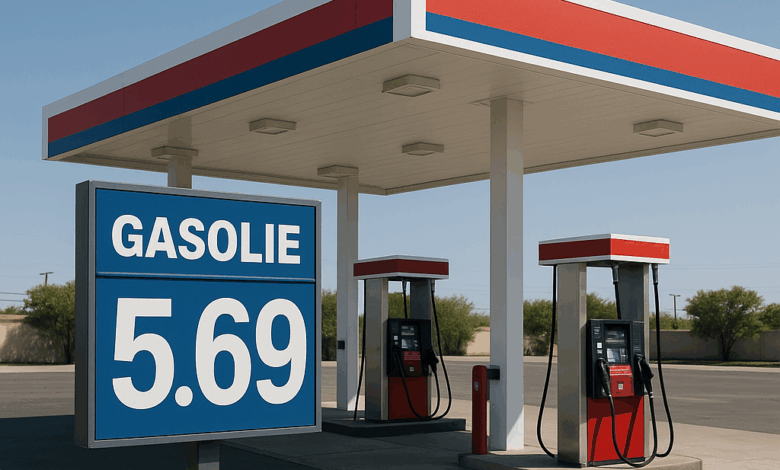My Weekly Reading for June 1, 2025

Gasoline prices in California have been a hot topic of discussion due to the high taxes and regulatory costs that contribute to the elevated costs at the pump. The US Energy Information Administration (EIA) has identified five key components that shape gasoline prices, including crude oil prices, refining costs, distribution and marketing, taxes, and regulations. In California, taxes and regulatory costs alone make up over $1.30 per gallon, nearly double the national average.
California’s gas tax is the highest in the nation at $0.678 per gallon, not including additional fees and environmental surcharges. On top of this, the state also has programs like Cap-and-Trade and the Low Carbon Fuel Standard (LCFS), as well as unique boutique fuel blends that are required only in California. All of these factors combined result in Californians paying more for gasoline compared to other states.
The situation is predicted to worsen in the coming years, with a study warning that refinery closures due to hostile permitting processes and low expected returns under California’s climate mandates could lead to a 20% drop in fuel supply by 2026. This decrease in supply, coupled with stable demand, is expected to drive prices even higher as fewer refineries and strict fuel standards create a tighter market.
President Trump’s recent comments on consumerism and economic growth have sparked debate, with his statement that it’s fine if little girls only have 3 dolls instead of 30 being seen as a reflection of a degrowth mindset. While some may agree with the sentiment of reducing excess consumption, many argue that consumers should have the freedom to choose how many dolls or toys they purchase based on their own preferences and joy.
Looking back at the history of free trade in the US, the impact on the domestic automobile industry during the 1980s and 1990s is a prime example of the consequences of protectionist policies. When Japanese cars began entering the US market and outperforming American-made vehicles in terms of fuel efficiency, affordability, and quality, the domestic auto industry struggled to adapt. This led to the closure of numerous assembly plants and significant job losses as consumers increasingly turned to imported cars.
In the realm of climate litigation, recent developments have highlighted the challenges faced by plaintiffs seeking to hold fossil energy producers accountable for alleged climate damages. The dismissal of a climate lawsuit in Bucks County, Pennsylvania, due to lack of subject matter jurisdiction has raised questions about the legal basis for such claims and the role of federal law in addressing climate-related issues.
Overall, the ongoing debates surrounding gasoline prices, consumerism, free trade, and climate litigation underscore the complex and interconnected nature of economic and environmental issues in today’s society. Finding a balance between regulation, consumer choice, and environmental protection remains a key challenge for policymakers and stakeholders alike.





